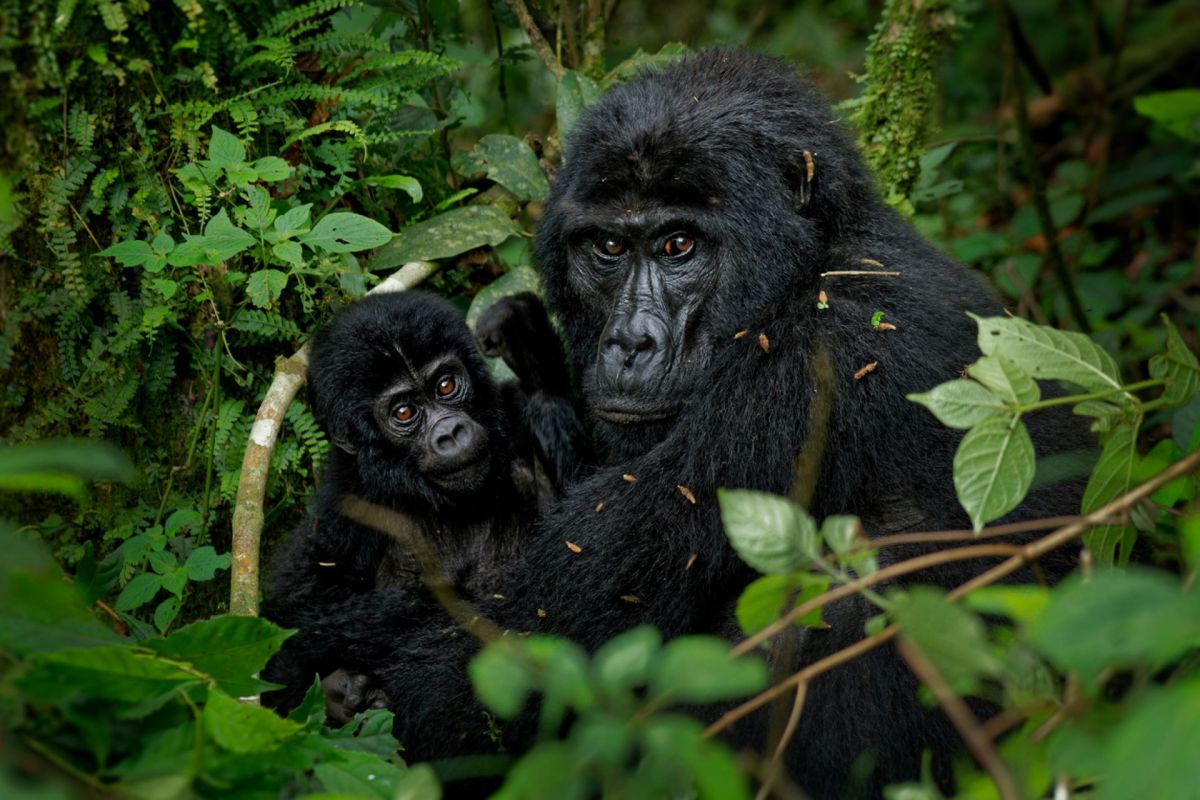Dr. Augustin K. Basabose, founder and executive director of the Primate Expertise conservation organization, is making waves with his groundbreaking efforts to protect a critically endangered species of gorillas in the Democratic Republic of the Congo's (DRC) Kahuzi-Biega National Park.
According to One Earth, Basabose's Ape Trees project, focused on reforestation using gorilla dung-derived seeds, is gaining attention for its innovative approach.
By collecting intact seeds from gorilla dung, cultivating them in tree nurseries, and distributing seedlings to the community, Basabose is creating a solution that benefits wildlife and nearby residents.
Over the past 20 years, unsustainable practices such as slash-and-burn farming methods, hunting, charcoal production, and mining have caused massive forest cover loss, habitat degradation, and declining wildlife across the region.
The area's eastern lowland gorillas, otherwise known as Grauer's gorillas, have suffered a 58% decline in population as a result.
The Ape Trees project's reforestation efforts provide natural habitats for gorilla populations, a source of income for the community, and even a plentiful food source — all of which leads to a more secure environment for all inhabitants.
"Dr. Augustin K. Basabose's work transcends traditional conservation efforts; it emerges as a powerful, multifaceted climate solution," noted Lindsey Jean Schueman, a writer and producer for One Earth.
Thanks to Basabose's efforts, more than 61,000 seedlings from seven plant species have been grown, and Kahuzi-Biega National Park's upland sector has experienced a significant resurgence in Grauer's gorilla population of 220 gorillas compared to 130 about 10 years ago.
After teaming up with Wild Earth Allies, the two organizations worked together to identify and dismantle illegal poaching traps and install cameras to record wildlife activities, which have documented as many as 40 animal species in less than two years.
By taking action to make a difference in his community and for the planet, Basabose's work serves as an excellent example of getting involved to positively impact a community and its surrounding ecosystem.
We can all take small steps that contribute to a cooler, cleaner planet for all, from donating to impactful organizations that are leading the way to creating a healthier local habitat for wildlife and pollinators in your own backyard.
Join our free newsletter for cool news and cool tips that make it easy to help yourself while helping the planet.









